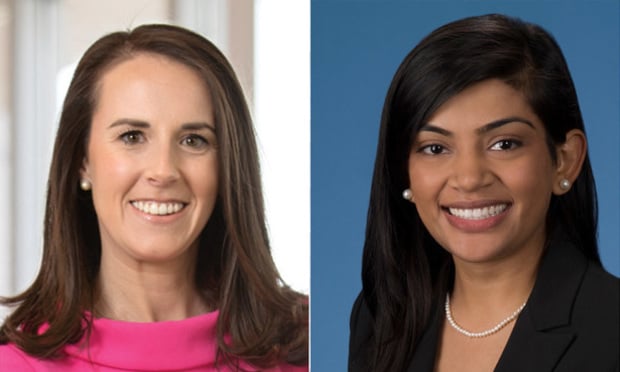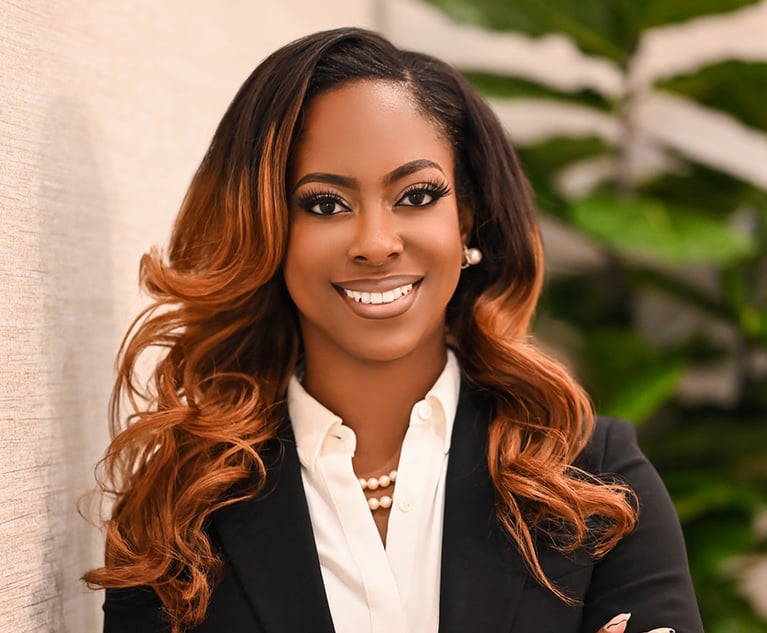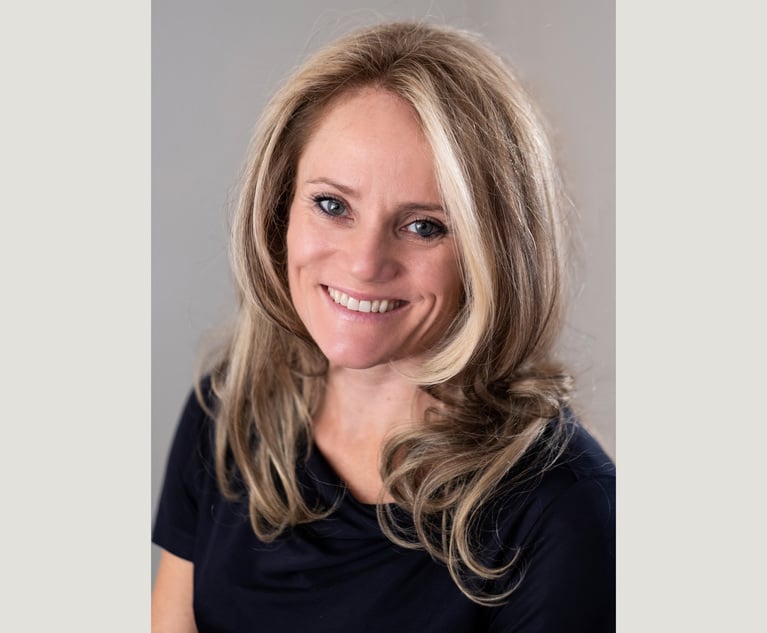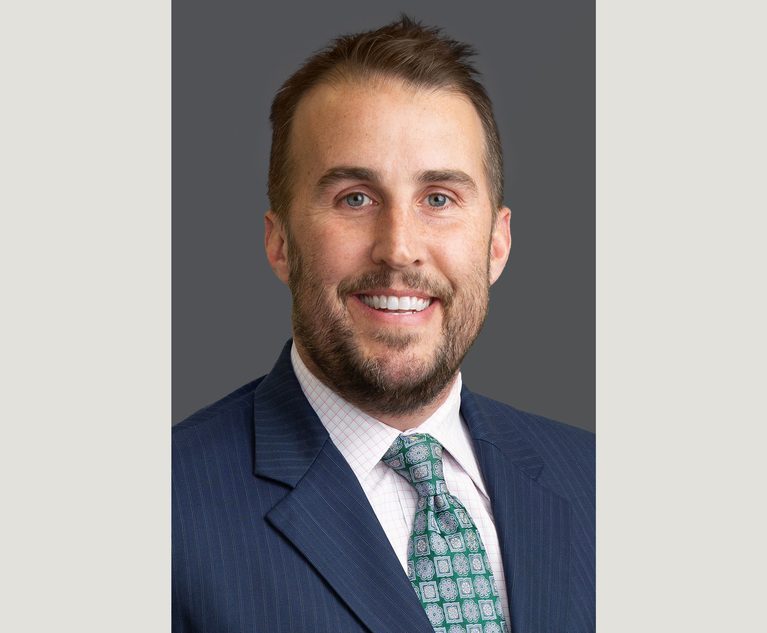Atlanta firms promoted more lawyers to partner this year than last, continuing an upward trend, but the group’s demographics stayed remarkably consistent when it comes to their law schools and practice areas—and the continuing gender imbalance between men and women.
The Daily Report tracked 78 lawyers who made partner this year at large and midsize firms in Atlanta. That’s up from 62 last year, a 25 percent increase.


 Meredith Jones Kingsley (left) and Puja Patel Lea
Meredith Jones Kingsley (left) and Puja Patel Lea





